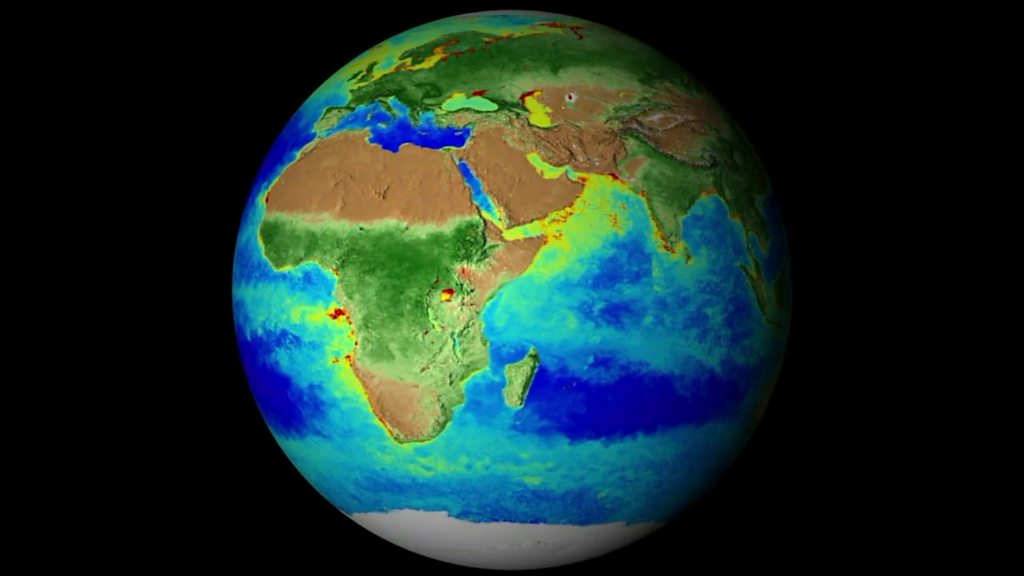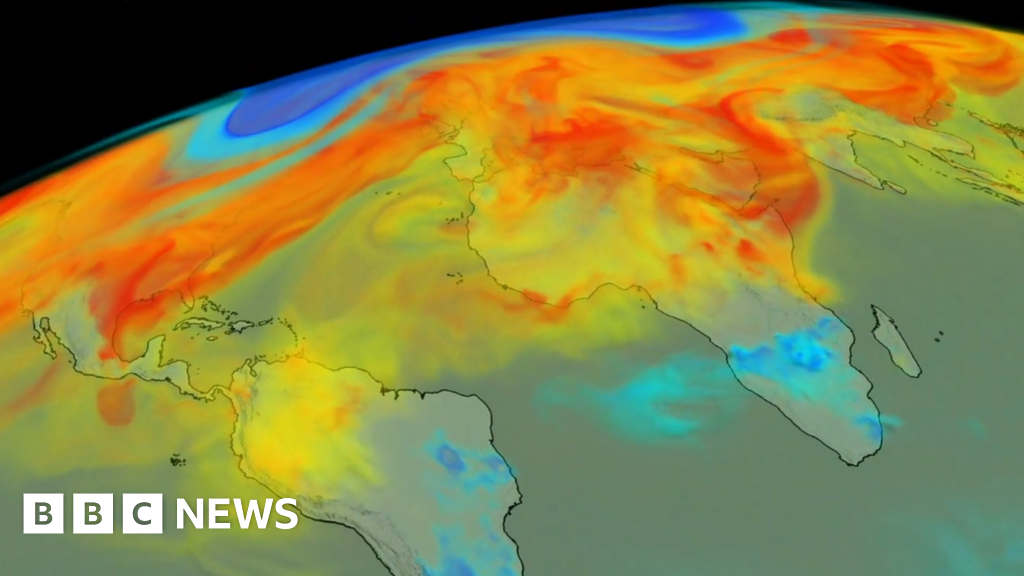

NASA GAO Report: NASA's Compliance with the Payment Integrity Information Act for Fiscal Year 2021 OIG: NASA Is Not In Compliance With The Payment Integrity Information Act NASAWatch on Alhurra: Life Signs On Mars? Gen-Z is twice as likely to associate space with aliens, Star Wars and billionaires like Elon Musk and Jeff Bezos than members of older generations.Ĭategories: Biden Space, Commercialization, Policy

However, older generations are much more hopeful and optimistic about what space brings to life on Earth. Younger generations associate space more with science-fiction than science and they're considerably more concerned and nervous about the impact of space on our lives. 1 in 9 people are 'terrified' of what could happen in space - just 1 in 3 are excited or hopeful. 97% of people see space as a threat - with space junk and pollution the biggest perceived threats. A majority of people surveyed are unaware of ground-breaking things happening in space. This is the basic take that this report has on the public's perception of the influence and importance of space in their daily lives - or lack thereof. Instead, it is the same old stale approach that only transmits - but never listens. Keith's note: If NASA was actually in tune with what the public really thinks (as opposed to the slanted view that they imagine that the public has since everyone at NASA thinks space is great) then you'd see an ongoing adjustment in how NASA public Affairs, Education, and mission outreach efforts communicates. A quarter (24 per cent) of people feel 'overwhelmed' by space, which comes as no real surprise with films like Don't Look Up recently capturing the public consciousness." Only a third of people feel 'excited' about space (34 per cent), while 18 per cent feel nervous - just 38 per cent wish they knew more about 'up there'. This focus on Hollywood rather than Halley's Comet fuels how respondents feel about space. Fewer than 1 in 10 people globally think of communications and connectivity. Almost half (46 per cent) consider satellites when thinking of space, while 37 per cent think of expeditions to the Moon and Mars, 21 per cent think of aliens, and almost 1 in 10 think of Star Wars (9 per cent). Only a quarter of the public (23 per cent) said they feel space exploration is 'important'. They are more likely to associate space with research and exploration, rockets, and satellites - with their understanding of space more rooted in science than science-fiction. The report, What on Earth is the value of space, found that those aged 65 and above, who were teenagers when humans first walked on the Moon, are more optimistic and hopeful than Gen-Z. "The world is largely unaware of key activities in space, with Gen-Z twice as likely to associate space with aliens, Star Wars and billionaires like Elon Musk and Jeff Bezos than older generations, according to the largest representative survey of global consumer attitudes towards space1, unveiled by Inmarsat, the world leader in global, mobile satellite communications. People Unaware and Concerned When It Comes to Space, Finds Landmark Report by Inmarsat, Inmarsat


 0 kommentar(er)
0 kommentar(er)
